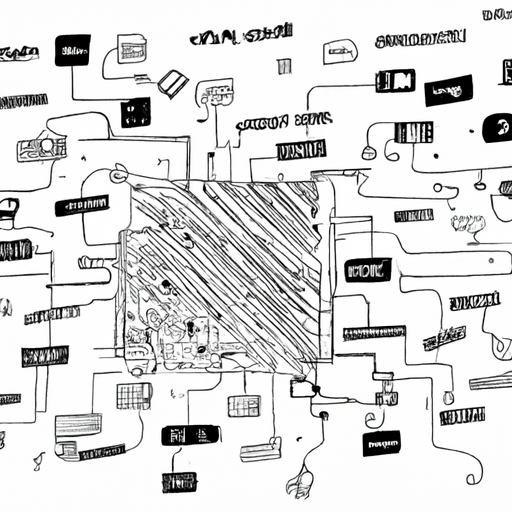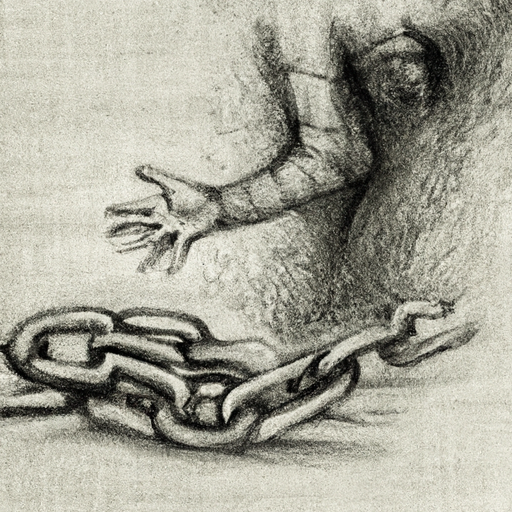TL;DR Babel is a JavaScript compiler that helps developers write code in the latest version of JavaScript. It bridges the gap between modern code and older browsers by turning it into a compatible version.”Babel” comes from the biblical story of the Tower of Babel, symbolizing linguistic diversity and human ambition.
It is also mentioned in literature to explore communication and understanding. In the digital age, Babel plays a crucial role in machine translation and localization strategies.Its future may bring more advanced transformations and optimizations, but alternative tools and technologies could influence its development.
In a world characterized by diverse languages and cultures, communication barriers often represent significant challenges.However, throughout history, mankind has sought to overcome these barriers and bridge the gap between different languages and societies.
One such attempt is Babel, a concept that has played a crucial role in various fields including literature, mythologyand technology. In this article, we delve into the depths of Babel, exploring its origins, cultural significance, modern applications, and potential future impact.
By understanding the concept of Babel, we can gain valuable insights into the complexity of human communication and the potential for unity in our increasinglymore interconnected.
-
- 1.Understanding the basics Exploring the concept of Babel
-
- 2.Historical origins Tracing the origins and meaning of Babel
-
- 3.Babel in Literature and Mythology, Examining Its Cultural Significance
-
- 4.Babel in the Digital Age Exploring Modern Applications and Implications
-
- 5.The Future ofBabel Anticipating the Evolution and Potential Impact of Babel
1. Understanding the Basics Exploring the Babel Concept
Babel is a widely used open-source JavaScript compiler designed to make it easier for developers to write code in the latest version of JavaScript.It allows developers to use cutting-edge features of the language, even if these features are not yet supported by all browsers or runtimes.
JavaScript is constantly evolving, with new features and syntax improvementsbeing added with each new version. However, the adoption of these new features by browsers and other JavaScript engines is not always immediate.
This can create a challenge for developers who want to use the latest language features while ensuringthat their code remains compatible with all target environments.
This is where Babel comes in.It acts as a bridge between the latest version of JavaScript and the current browser or runtime environment. It takes modern JavaScript code and converts it to an equivalent version that can run in older browsers or environments that don’t support the latest JavaScript features.language.
2. Originshistorical Tracing the origins and significance of Babel
The historical origins of Babel can be traced back to the biblical account found in the book of Genesis.According to the story, the people of the world spoke a common language and lived in the land of Shinar.
They decidedto build a tower that would reach the heavens, not only as a great architectural feat, but also to make a name for themselves and to prevent their dispersion on earth.
This ambitious effort, knownunder the name of the Tower of Babel, it symbolized human pride and rebellion against God’s command to multiply and fill the earth. However, God, dissatisfied with their arrogance, decided to intervene.
He confused their language, causing them tothey no longer understand each other. As a result, they were scattered over the earth, forming different nations and speaking different languages.
The story of Babel has significant cultural and religious significance. It serves as a storywarning about the consequences of human arrogance and the limits of human capabilities. It also explains the diversity of languages and the division of humanity
3. Babel in literature and mythology Examining its cultural significance
Babel, a term derived from the biblical story of the Tower of Babel, has found its place in various forms of literature and mythology throughout history. In these narratives, Babel often represents themes of cultural diversity,of communication and the consequences of human ambition.
One of the most important portrayals of Babel in literature is found in Jorge Luis Borges’ short story “The Library of Babel.”
In this captivating story, Babel is described asan enormous library that houses every book ever written, but remains incomprehensible due to its vastness and lack of organization.






